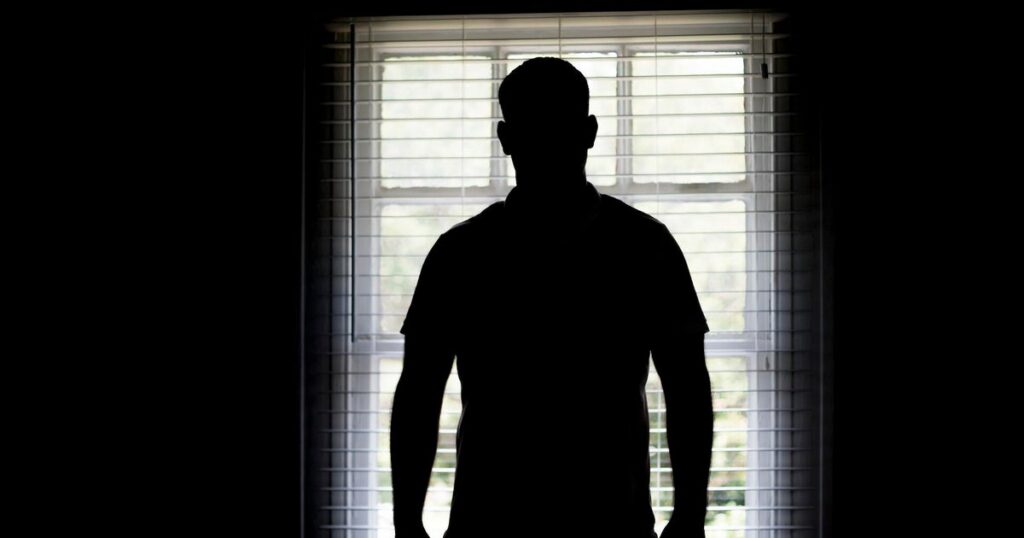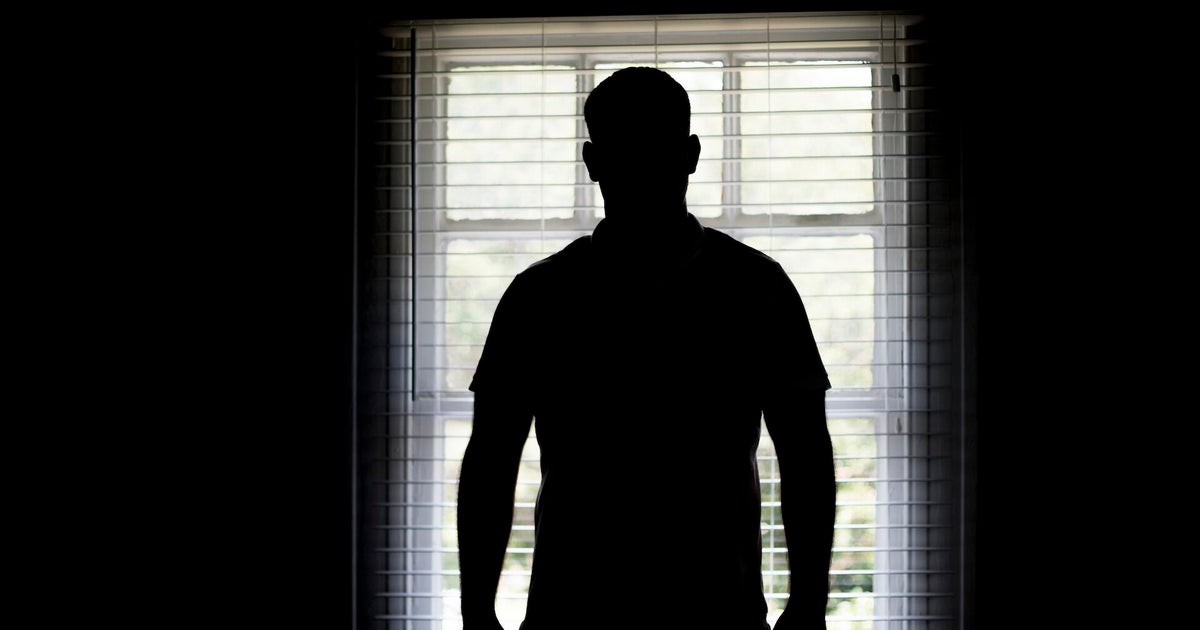The state of young men in America
The state of young men in America

Overall, college enrollment has seen a steady decline over the last decade, but it’s even more pronounced among America’s young men. Richard Reeves, president of the American Institute for Boys and Men, says it’s just one of the ways America’s young men are not being just left behind, but feeling left out. Reeves joins to discuss.
Read the full article on CBS US
Truth Analysis
Analysis Summary:
The CBS News report highlights the decline in college enrollment among young men and their feelings of being left behind. While the general trend is supported by available sources, the report lacks specific data and relies heavily on the perspective of Richard Reeves, potentially introducing bias. Some claims are difficult to verify without more specific data from the CBS report.
Detailed Analysis:
- Claim: College enrollment has seen a steady decline over the last decade, but it's even more pronounced among America's young men.
- Verification Source #2: Indicates an educational disparity with fewer men graduating college compared to women in the coming years.
- Assessment: Supported. Source 2 suggests a growing disparity in college graduation rates between men and women, implying a decline in male enrollment relative to female enrollment.
- Claim: America's young men are not being just left behind, but feeling left out.
- Verification Source #1: Refers to boys and young men 'falling behind' in education.
- Verification Source #4: Mentions 'deeply personal and societal battles' facing Millennial and Gen Z men.
- Verification Source #5: Reports that young men are less likely to report experiencing gender bias compared to young women.
- Assessment: Partially Supported. While sources 1 and 4 suggest challenges faced by young men, source 5 indicates a different perception of gender bias, making the claim about feeling 'left out' subjective and requiring further context. The claim is difficult to fully verify without specific data on feelings of being 'left out'.
Supporting Evidence/Contradictions:
- Source 2: 'In the next five years, for every man who graduates college, we can expect two female graduates.'
- Source 5: 'A majority (54%) of young women report witnessing or personally experiencing incidents of gender bias, while young men (34%) are far less likely.'

